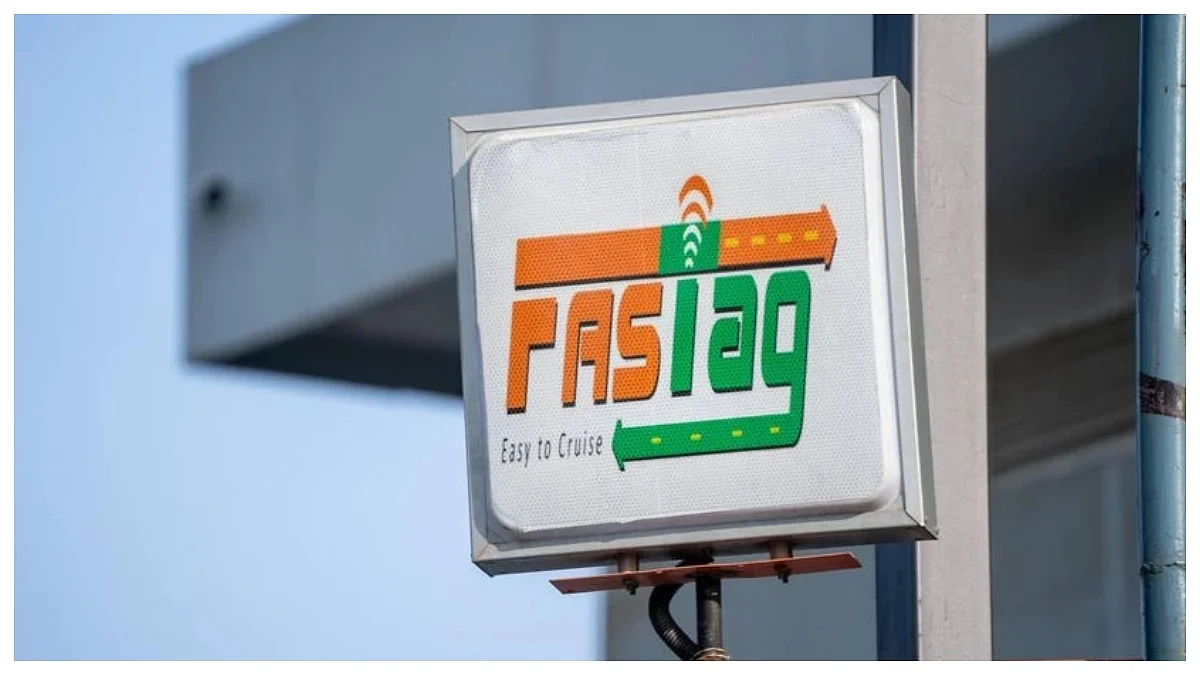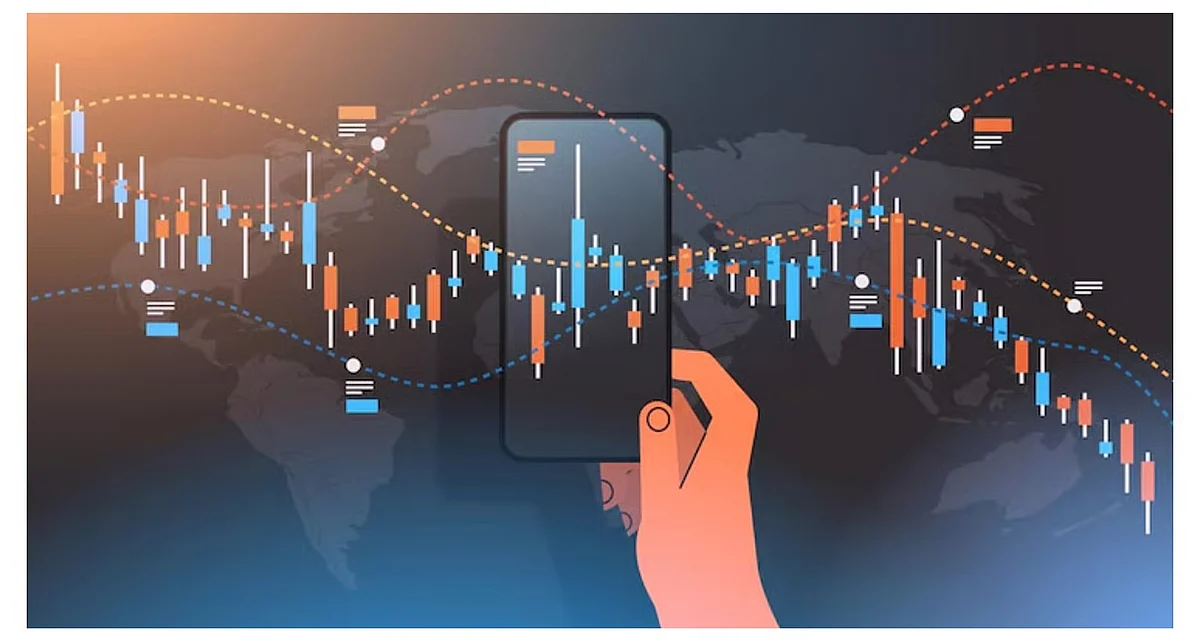New Delhi: India aims to lead in both AI standardisation and manufacturing, a top government official said on Monday, underscoring the Telecommunication Engineering Centre's (TEC) pivotal role in promoting ethical AI development through fairness assessments and rating mechanisms.
Highlighting India's dual focus on advancing AI standardisation while also strengthening its manufacturing sector, Manish Sinha, Member (Finance), DCC, DoT, acknowledged the valuable contributions of Telecommunications Standards Development Society India (TSDSI) in creating technical standards that ensure AI systems are secure, interoperable, and globally aligned.
Indra Mani Pandey, Secretary General of BIMSTEC, through a recorded message, reinforced the importance of multilateral collaboration.
“Regional collaboration on AI standards is not optional — it is essential for ensuring that emerging technologies serve our collective development goals,” he said. “By investing in standards today, we secure a future where AI can drive growth across all our member nations in a responsible and interoperable way.”
Atsuko Okuda, Regional Director for Asia Pacific, ITU, emphasised that AI has moved from research to everyday life, with a projected $15 trillion contribution to the global economy by 2030.
He was speaking at a four-day workshop in New Delhi, organised jointly by the International Telecommunication Union (ITU) Area Office and Innovation Centre and the NCA-F, Department of Telecommunications (DoT).
The event brought together participants from BIMSTEC countries — Bangladesh, Bhutan, Nepal, Sri Lanka and India — and Maldives, alongside international experts, regulators, industry associations, startups, and academia to collaborate on building trustworthy and globally harmonised AI standards for telecommunications and ICT.
Sinha emphasised the critical importance of consensus within the ITU framework for developing AI standards that are both inclusive and globally harmonised, ensuring that these technologies benefit all nations.
He also spoke about India's commitment to economic inclusivity, particularly through initiatives like ‘Digital Bharat Nidhi’.
He urged all participants to engage actively in shaping practical AI standards, build strong cross-border partnerships, and envision future-ready, ethical AI applications that can accelerate sustainable development.
Disclaimer: This story is from the syndicated feed. Nothing has been changed except the headline.











